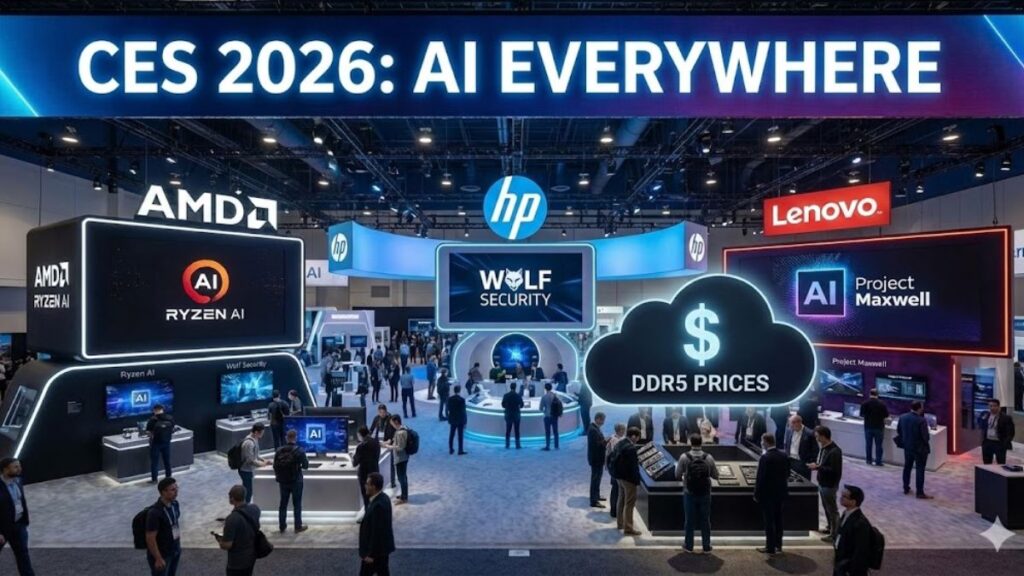The connection between Dell and EMC addresses issues both companies have that neither can address as well without the other. Meg Whitman was packaging HP to sell to either EMC or Oracle. If Dell buys EMC, HP is left spurned at the altar–gutted and looking more and more like Sun did. Let’s explore all of this.
EMC’s Issues
EMC has several critical issues it needs to resolve. Joe Tucci their incredibly successful CEO is trying to retire but, so far, EMC has been unable to find anyone with the needed breadth and experience to take his place. Any internal candidate would have to stretch a lot and, in the process, leave the organization they currently manage exposed. External candidates with the necessary experience are exceedingly rare and just getting anyone to fill the slot has been catastrophic, repeatedly, for HP and EMC doesn’t want to go where HP has gone.
EMC is also under a great deal of pressure to break up the company undoing over decade of careful building which has created one of the leading IT powerhouses in the market. HP has also showcased why breaking up is bad to do. It not only leaves you much weaker but the anticipated valuation upside never materialized suggesting even the “activist investors” who want this won’t be happy if it is done. Ideally EMC should go private but getting that done can be a nightmare in and of itself.
Finally EMC needs help both in servers and clients. It has a powerful solution in VCE, but Cisco for servers has been a weakness and addressing that has soured the relationship somewhat. EMC could use a strong power in servers–like Dell–to fill out the solution. In addition, VCE is a stunning back end for a thin client solution but EMC lacks anything like thin clients to finish it out. A more complete product portfolio would help its solution significantly.
Dell
Michael Dell would like to grow Dell to fill the vacuum that HP has left open by downsizing. HP is no longer a member of that elite list of companies that can provide complete client/server solutions and Dell would like to move where it is but growing organically can take an excessive amount of time. In addition Dell’s large enterprise sales channel is relatively weak and gaining access to an enterprise focused sales channel would be incredibly powerful. Dell is building a storage capability but it is very slow going because storage buyers are incredibly conservative. Finally Dell is working to be a true power in software but that too is very slow going and the opportunities to buy software power at scale are few and far between.
Together
Michael Dell is on the short list of folks who could run EMC but there is no way he’d leave Dell to do it. But as an acquisition EMC would fall under his control. In addition Dell uses a practice with acquisitions where he basically leaves them alone with the exception of providing access to Dell’s logistics and other resources which lower these acquisitions ongoing costs and streamline sales. As a result most of Dell’s acquisitions are more profitable as a part of Dell than they ever were separate.
Finally Dell can complete EMC’s solutions with servers and a broad client line including the market leading thin client solutions. The combination of the two firms would be incredibly powerful. EMC gives Dell the software and storage scope it needs to move to the top spot in IT vendors taking over the spot recently vacated by HP and gets it there far quicker than if Dell had tried to grow organically. We could end up with Dell becoming the most powerful company in tech largely rising over the ashes that were HP.
HP is so screwed.
If this goes through HP is totally hosed. Dell would appear as a far more complete vendor than HP is and with HP’s crippling layoffs its customers will quickly be looking for enterprise class alternatives. With EMC Dell could aggressively go after that business hitting HP before the firm can stabilize and protect its client base. In addition Whitman appears to be getting HP ready for a fast sale with Oracle and EMC initially the likely buyers. With this acquisition neither EMC nor Dell need HP (Dell likely never did need them) leaving Oracle as the only major likely alternative and Larry Ellison wants to fire the folks running the company and Mark Hurd, who used to run HP, would likely tear through the firm like a bull in a china shop if Oracle was to acquire it. So after breaking the company in two and then gutting it of employees apparently in the hope of a fast sale HP will likely be left standing at the altar crying about what might have been if this merger goes through.
Wrapping Up
EMC has a number of critical needs that Dell addresses and Dell has a number of strategic goals that EMC can massively accelerate. However the real loser in all of this is likely HP, if the deal goes through, because just as customers are looking for alternatives Dell should emerge as the ideal alternative for them. Executed sharply we could see two fewer independent firms at the end of this and a new king of IT vendors—Dell with a large helping of EMC.
- The Dawn of “Personal Intelligence”: How Google’s New AI Strategy Could Dethrone Microsoft and Reshape the Future of Work - January 30, 2026
- The Human Exploit: Why Wizer Is the Secret Weapon in the War for Your Digital Soul - January 29, 2026
- The Blue Screen of Death for Windows: Why AI is the Last Operating System You’ll Ever Need - January 23, 2026




Rob, respectfully, I feel like this article was rushed into publication and was not edited for clarity, grammar or punctuation. Several sentences left me scratching my head.
“It has a powerful solution in VCE but Cisco for servers has been a weakness and addressing that has soured the relationship somewhat and it could use a strong power in servers to fill out the solution.” Huh? What are you talking about? A comma or two would have gone a long way here.
Thank you for the feedback. I have edited that paragraph and hopefully the point is clearer now.
I have to throw my two cents in… please, please learn how to use commas properly. Thank you!
On any mergers things don’t work any faster. EMC is a slow turning ship in itself bloated with acquisitions over the year. The fact that Dell spent 50+ billion on this merger is bound to have a bigger layoff than HP. While they might be better off than HP, this isn’t a facebook+google merger (where the companies are high growing and very relevant to the current era).
Doubtful. HP is at 1/3rd of its workforce under a layoff cloud. Dell typically doesn’t operate that way and EMC has been doing staffing reductions regularly. Their process is very focused on preserving the asset and very different than how other’s do it. That doesn’t mean there won’t be a staffing action, redundancies will need to be dealt with, but the kind of catastrophic staffing reductions that HP is doing is counter to their process because they destroy the value of the asset and they won’t do that.
Carly, Meg, and a totally incompetent board have already screwed HP. This is just the last straw leading to its total destruction. What a shame, HP used to be the pride of Silicon Valley. If there has ever been a justification for the investors to sue a board for destroying shareholder value by ignorance and incompetence this is it.